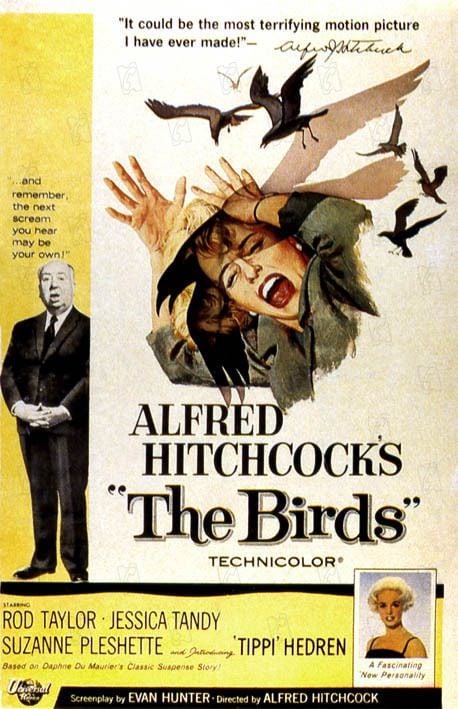

In these early years he worked under two top directors. With training in electrical engineering and draughtsmanship acquired at night school while working for a cable company, at age 20 he joined the London studios of Famous Players-Lasky, already affiliated with Paramount Pictures.

He also read widely, including works by Dickens, Poe, Flaubert, Wilde, Chesterton, and Buchan. He grew up an independent youth given to attending films and plays on his own. Hitchcock loved his mother dearly and took after her in her quiet constancy (3). He was the youngest child of an East End family whose father ran a poulterer’s and greengrocer’s business and whose mother came of Irish stock. This is returning to the state of infancy.Īlfred Hitchcock, destined to make sublime film thrillers, was born in London at the end of the Victorian era. He knows all the time a power that he never calls upon in vain. “He who knows the male, yet cleaves to what is femaleīecomes like a ravine, receiving all things under heaven” Throughout his work Hitchcock reveals a fascinated and fascinating tension, an oscillation, between attraction to the feminine… and a corresponding need to erect, sometimes brutally, a barrier to the femininity which is perceived as all-absorbing. I also happily follow Dominique Païni and Guy Cogeval’s sumptuous catalogue called Hitchcock and Art: Fatal Coincidences (2000) in claiming Hitchcock as a Symbolist, which in turn allows me to bring in the Symbolists’ favourite philosopher Arthur Schopenhauer and his notion of cosmic Will.įinally I focus on one of Hitchcock’s personal favourites among his films, The Trouble With Harry.Įverything’s perverted in a different way. I see Wilde as a “pessimist” and Chesterton as an “ anti-pessimist” – self-avowed as such, in fact. Chesterton (one of whose collections of short stories was called The Man Who Knew Too Much). However, I rather soft-pedal Nietzsche below because I’m more concerned with two other formative authors whose works we know Hitchcock read: Oscar Wilde ( The Picture of Dorian Gray) and G.K. That argument concerns the nature of what Hitchcock called “pure cinema”, and the Nietzsche passage just quoted is not irrelevant to it. They are often discursive and will be more rewarding, I feel, if visited only after you have taken in the argument as a whole. But I suggest that you skip the footnotes on a first reading.

It’s an argued piece, with plentiful footnotes despite my original intentions. Reader, if you’re like me and can readily imagine Hitchcock being intrigued by an idea like that one of Nietzsche’s – to the point of wanting to make Rear Window to test its possibilities! – then you may find yourself on the wavelength of what follows. I wasn’t aware of it at the time, but it’s possible I was unconsciously remembering the passage in Nietzsche’s The Birth of Tragedy Out of the Spirit of Music that evokes the rare artist who in the act of creation resembles “the creature that can turn its eyes around and look at itself now he is at once subject and object, at once poet, actor and audience”. I call this “a dualism which is itself suggestive”.

Web Resources Alfred Hitchcock – Master of ParadoxĪt one moment below I make passing reference to how, in Hitchcock’s radio version of The Lodger in 1940, Herbert Marshall played both the likely killer and the story’s objective narrator.


 0 kommentar(er)
0 kommentar(er)
